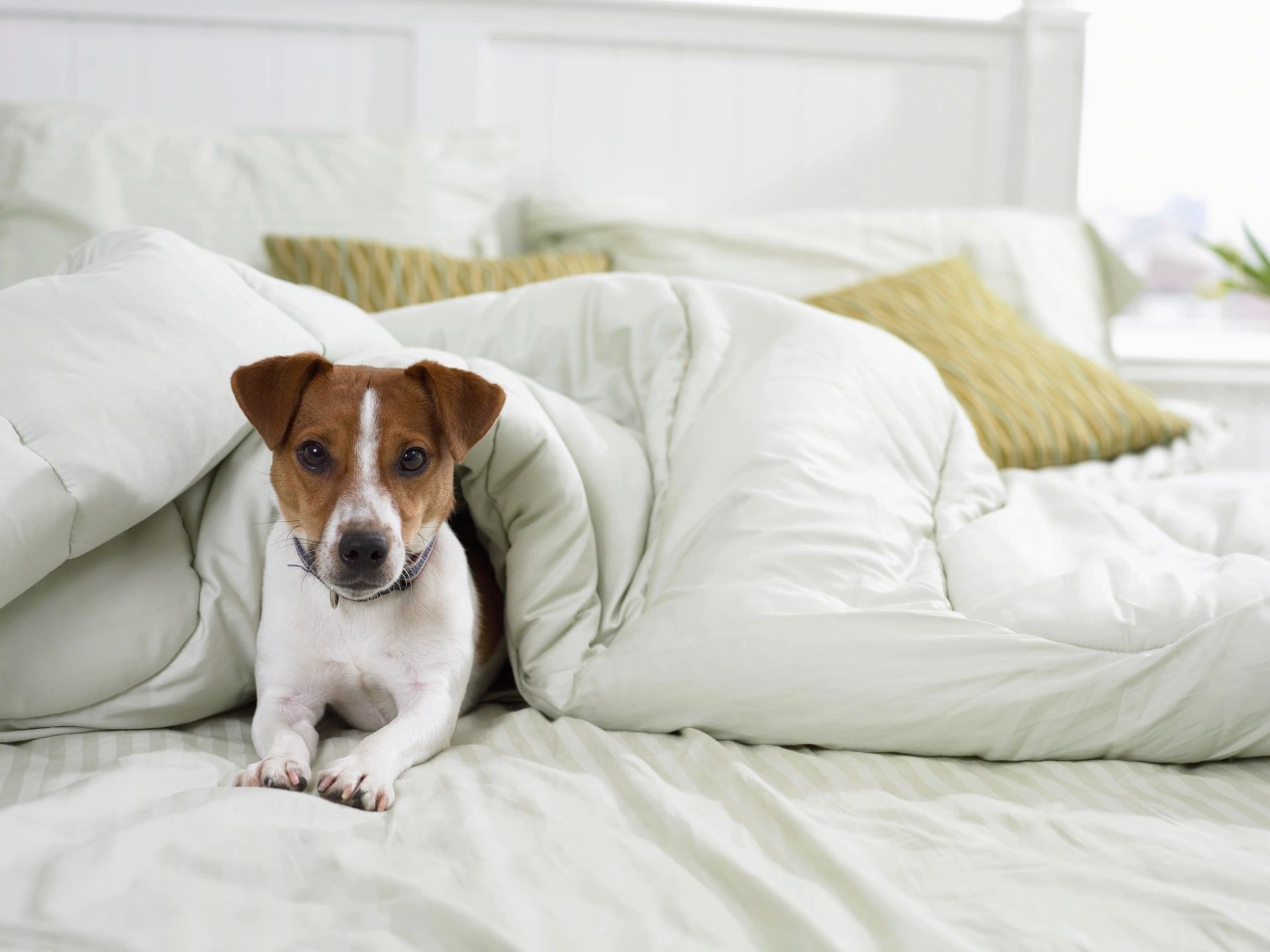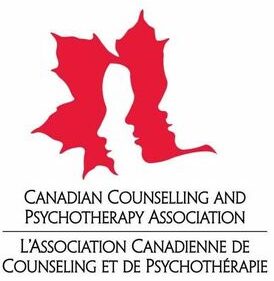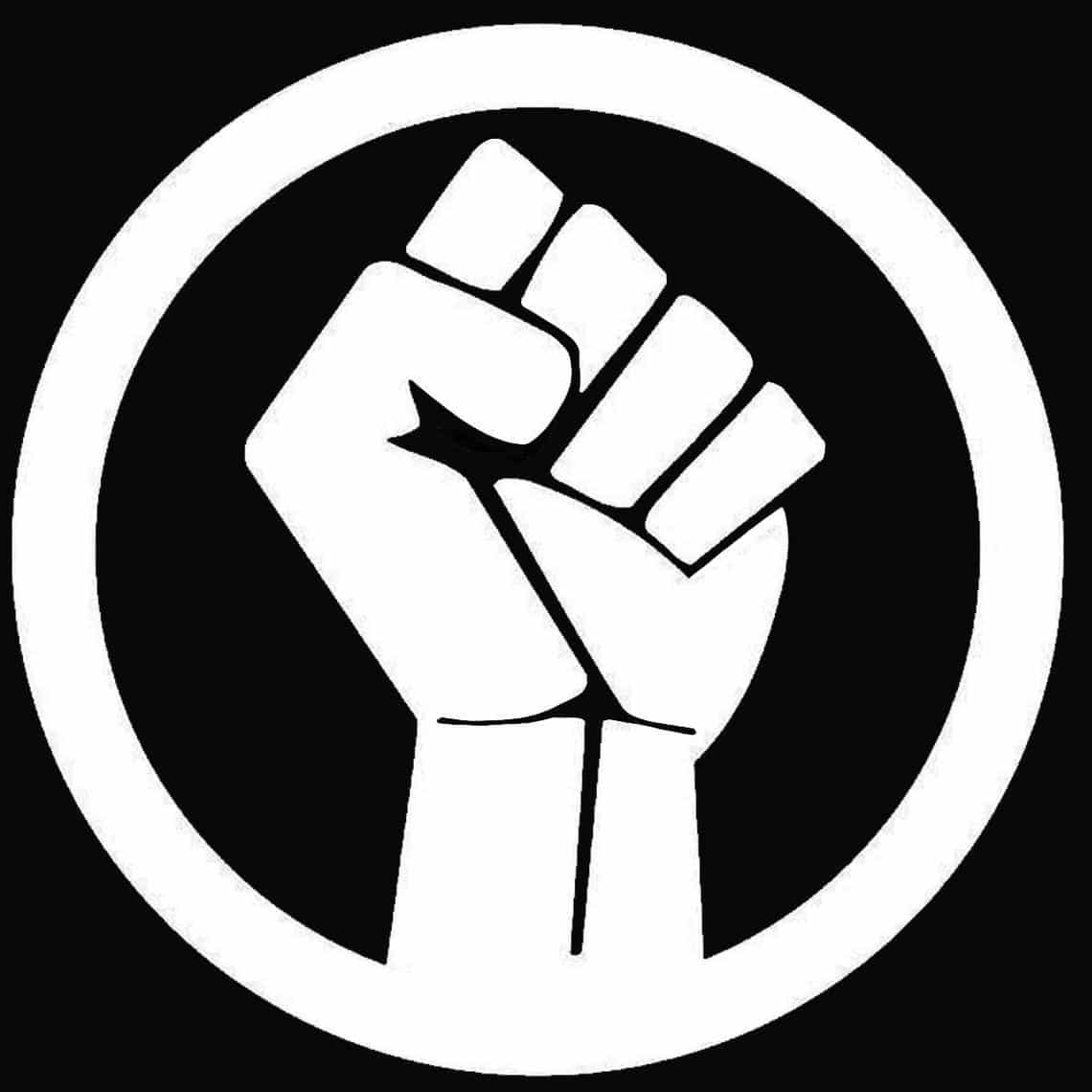The Trinity of Health – Sleep, Diet, Exercise – #1 – Sleep

When I am starting therapy with someone, right in my intake forms I want to get a sense of where they are at in their basic health, and the three most important indicators are sleep, diet and exercise. I often joke that these are the ‘holy trinity’ of not just mental health, but health in general. They are the foundation of our body and mind’s regulatory systems, and, like the foundations of a building, without them being in place, we are building on potentially shaky ground.
When someone is suffering with anxiety or depression, it can often feel overly simplistic that we should ask about things like diet or sleep, but time and time again we have to come back to the basics and ensure that these are as optimal as possible. This is obvious, perhaps, for most of us, but in the times when mental health issues take hold – when emotions grip us or difficult thoughts overshadow our lives – these basics are often the first things to get left behind. If you or someone you care about is struggling right now, check in about sleep, diet and exercise – they can be simple reality checks and, usually easier to talk about and solve than more complex psychological issues.
Perhaps the most important message to convey here is that we must not forget the power that these three realms can have in our mental health. It is frustrating and downright professionally incompetent (it seems to me) that doctors (and clients!) should rush to prescribe medication without looking at these areas first. The brain and its powerhouse of neurochemicals, which are the molecular bits of emotion, are time and time again shown to be directly influenced by these factors. We know this. Why take expensive, potentially harmful drugs that mask symptoms and make no change to the inherent quality of one’s life, when there could be changes in something like exercise that might not only make similar neurochemical shifts in the brain, but also make positive changes in other areas of life that may deepen richness and support overall healing and growth?
Sleep
It is hard to decide which of these factors are most important – and the truth is that none of them is most important, because all of them are equally crucial. And, all of them effect each other. But I’ll start talking more about sleep only because I suspect it is more overlooked than the others.
Sleep is crucial to our mental health. Without the proper rest, you cannot expect your body or brain to be working optimally. Struggling to push through the fog of tiredness, your mood is going to naturally be lower – as all of us can attest to as we think about those mornings after late or restless nights. Studies show that your body loves routine with sleep – the best thing is to be able to give yourself regularity here – go to bed and wake up at the same times every day (as close as possible). Every person has their own perfect amount of sleep (the healthy range is usually between 6 and 10 hours) and it is up to you to listen to your body. Without alarm clocks or wailing kids (or cats!) how much would you naturally sleep? Some people are so chronically sleep deprived that it seems like nothing else in their lives is going to count much towards mental health until they can get on track. And ‘sleeping in’ over the weekend may not be sufficient – the idea of “catching up on sleep” looks increasingly like a myth. Though we can make small compensations in our sleep patterns, nothing will actually make up for the benefits of having your body’s natural sleep rhythms.
Many people take sleeping medications, or use alcohol or cannabis to help them sleep. While this has some use, the problem that many have observed is that while some of these substances can certainly assist in getting you drowsy and then to sleep, they often adversely affect the quality of your sleep. Alcohol and cannabis particularly will affect your brain patterns, and may alter the ability to move into REM (dreams) and other deeper brain wave states – which will mean that although you are ‘getting your 8 hours’, you may not be getting the rejuvenation in body and mind that you ought to. It can be noted that without sleep and the capacity to dream (which scientifically looks like, if nothing else, an essential tool for processing ideas about life), a person will start to experience psychotic breaks with reality. Inability to sleep (or perhaps more truly the inability to dream) may be responsible for many cases of psychosis and drug-induced mania. These are extreme examples but they do demonstrate how crucial sleep and dreaming are to our mental health and stability.
Sleep Hygiene
There are many ways that we can try to make sure that we are getting the best sleep we can, and together, these ideas are referred to as sleep hygiene. Here are ten of the most important points:
- Try to go to bed and wake up at about the same time every day – your body loves routine!
- Don’t ingest caffeine (or other stimulants) late in the day
- Note that tobacco, spicy foods, and many vitamins can be stimulating
- Avoid alcohol, cannabis as sleep aids – they may make you drowsy but they do not help the overall quality of your sleep!
- Get exercise in the day, but not right before bed
- Studies show that high cardio exercise virtually any time of day will significantly assist the quality and ease of sleep that night.
- Reduce your exposure to light at least 30 minutes before bed
- (that means turning off screens as well! Your primitive brain has evolved to be more sensitive to light than you may think)
- Don’t use your bed for anything other than sleep and sex
- (meaning no TV or laptop work in bed –your body will keep that active association)
- Keep your bedroom environment soothing and calm
- (so be careful with pets, colours, comfortable bedding, temperature)
- Avoid napping (if sleep is a problem)
- Develop a ‘before bed’ routine
- warm tea and showers, brushing teeth, winding down, reading (not from a screen) and mindfulness can all soothe the system and let it prepare for rest
- If you can’t sleep – don’t stay in bed for an hour fretting
- If sleep doesn’t come, get out of bed and do something soothing that may help reset your system, and try again.
When things get difficult in life, come back to the basics. If you are stressed or anxious in life you may need a little more sleep than you are getting. It is helpful to listen to yourself, and to your body. Our culture seems to be a little sleep-deprived, on the whole. Our emphasis on getting more and more done during the day seems to pretend that sleep is some kind of unnecessary luxury, instead of a part of life to respect and enjoy. Isn’t waking up from a truly excellent sleep, with fascinating or joyful dreams, one of the greatest of the simple pleasures in life?
The next blog article will deal with exercise, which we all know is important – but just how much can it affect our mental health?






